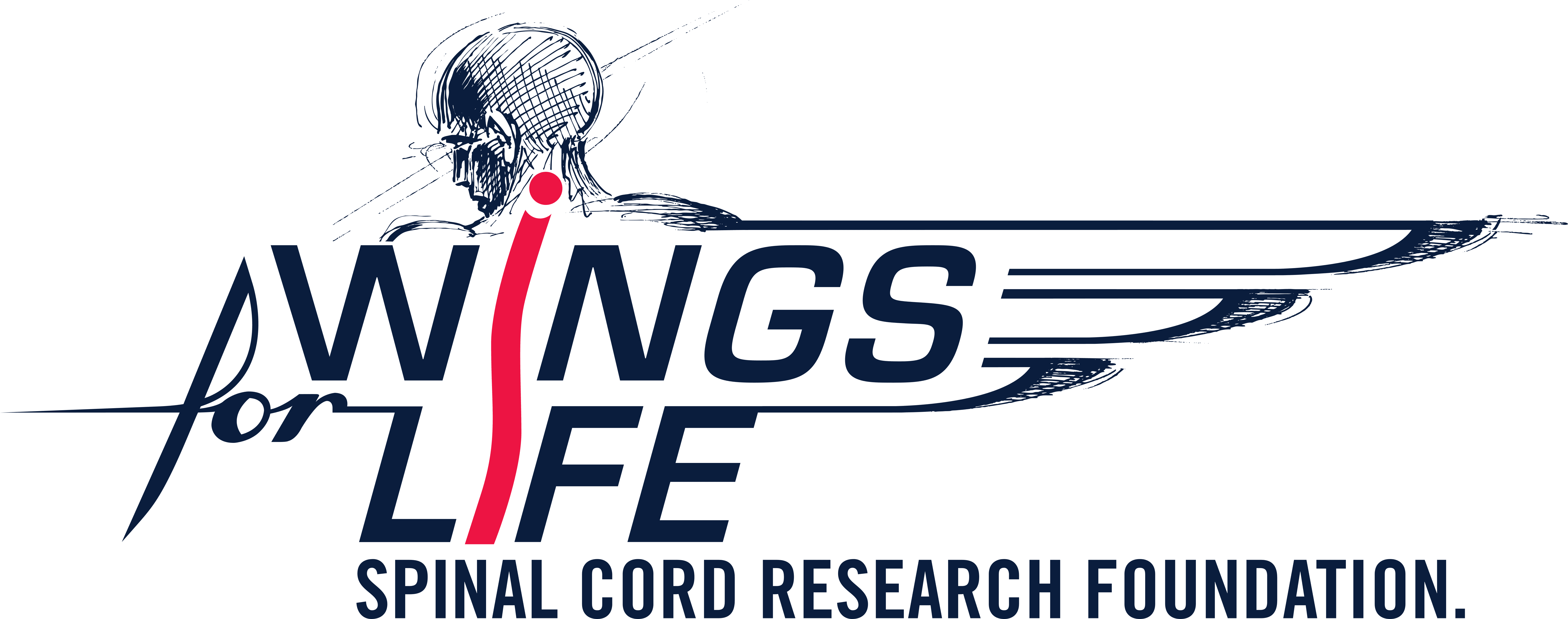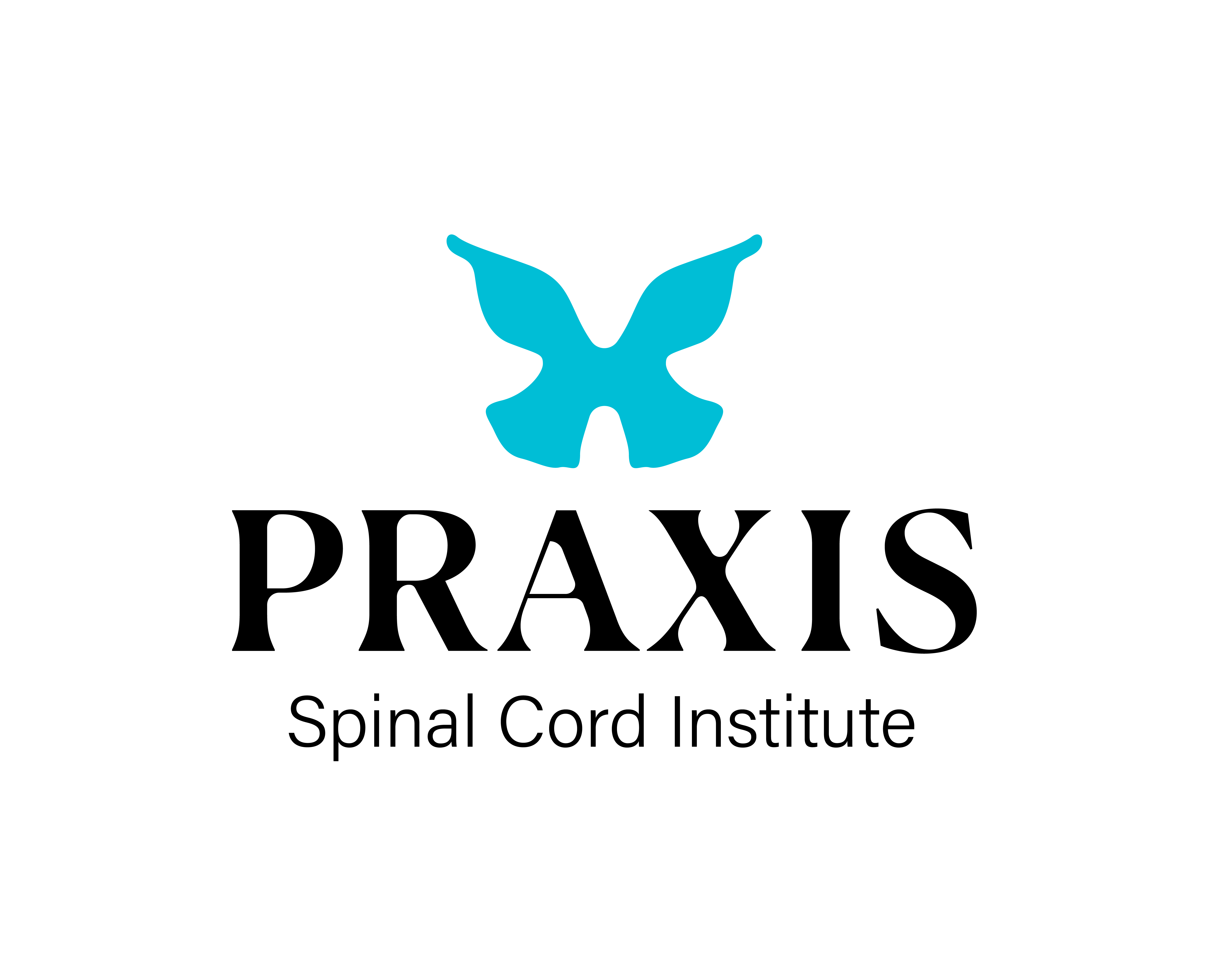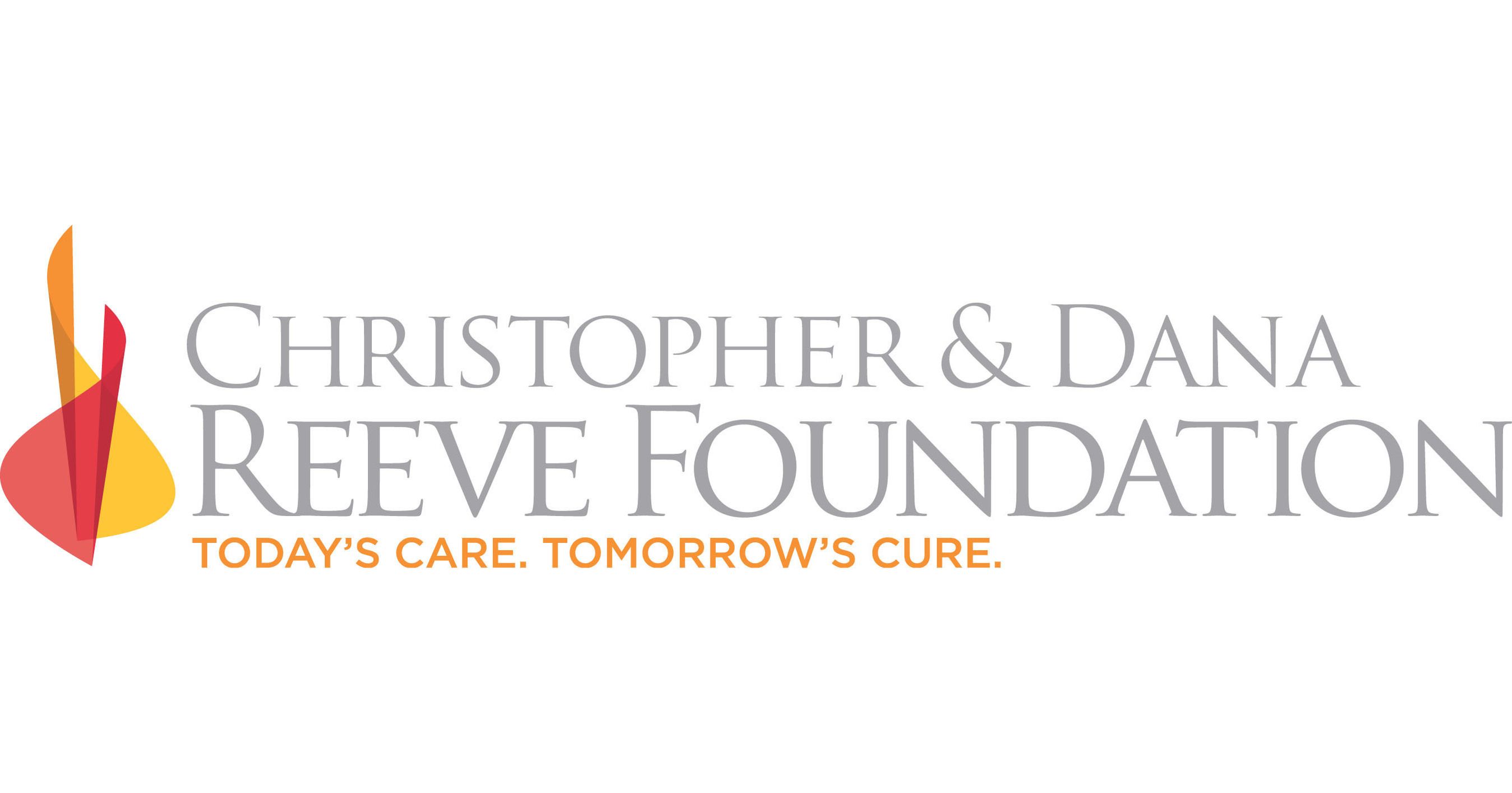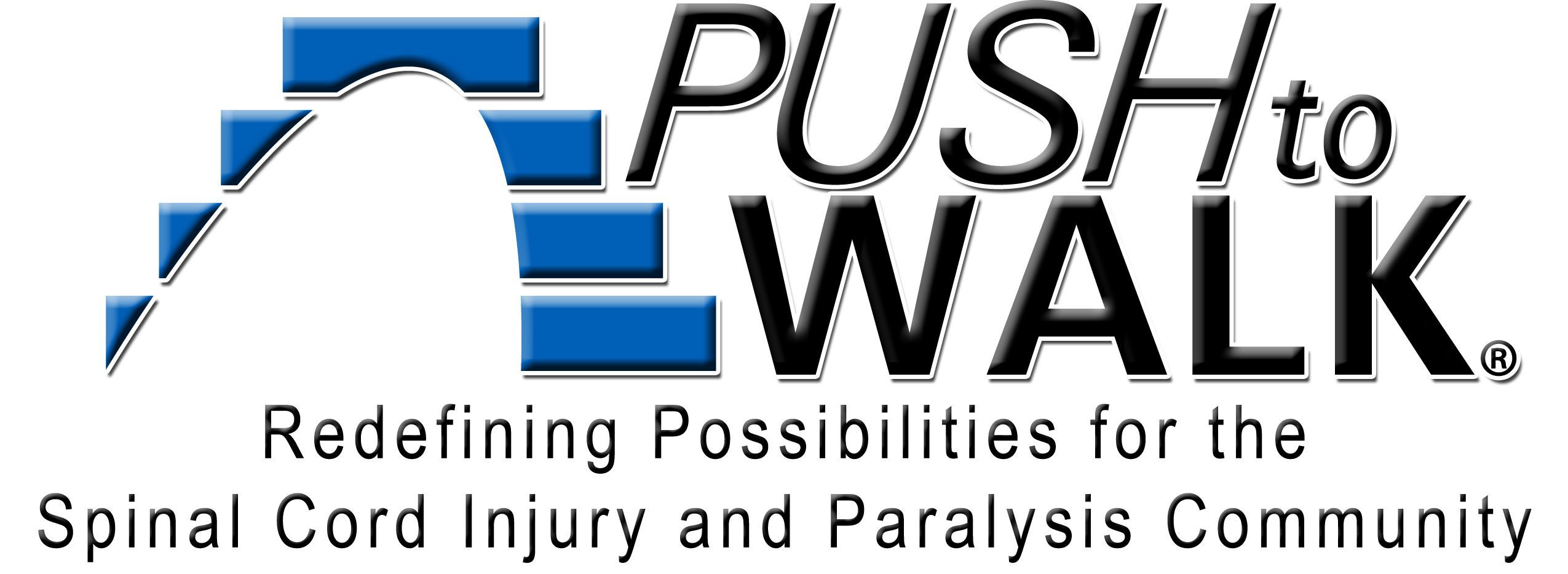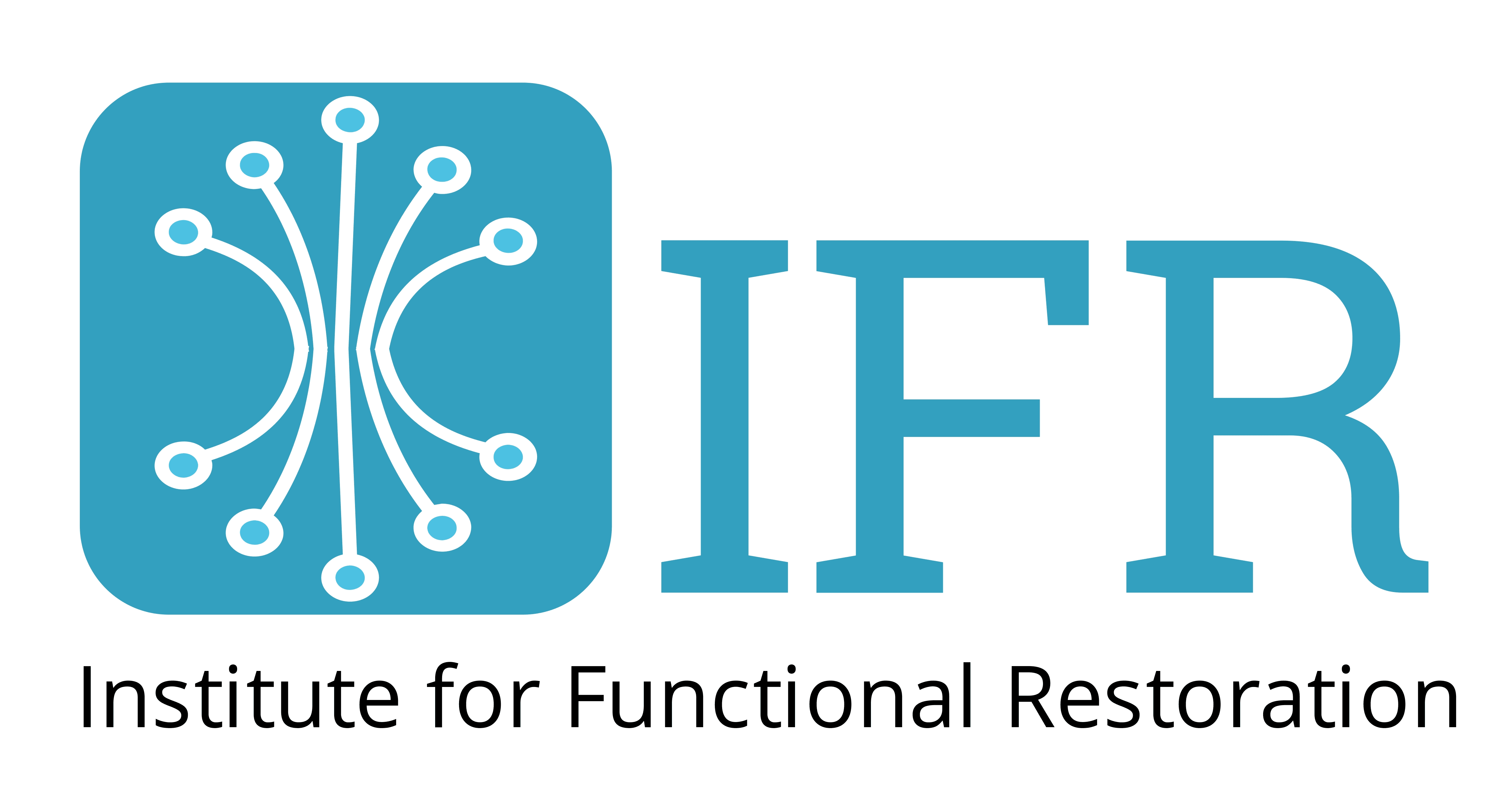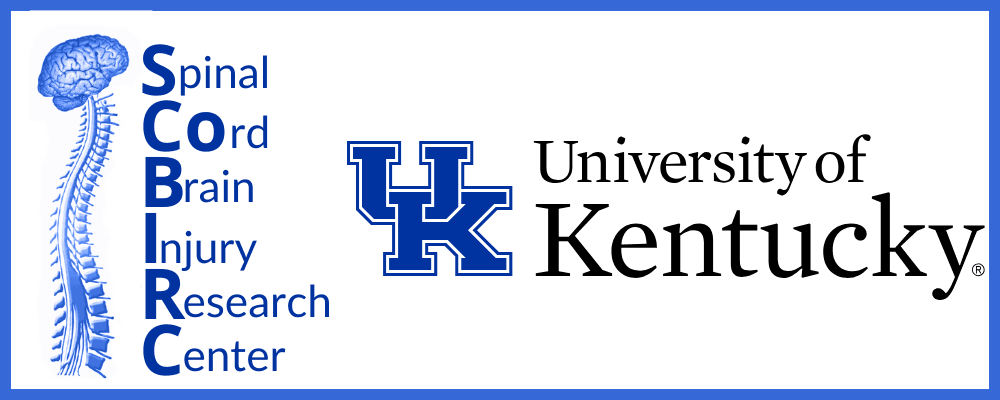Just Breathe (Episode 108)
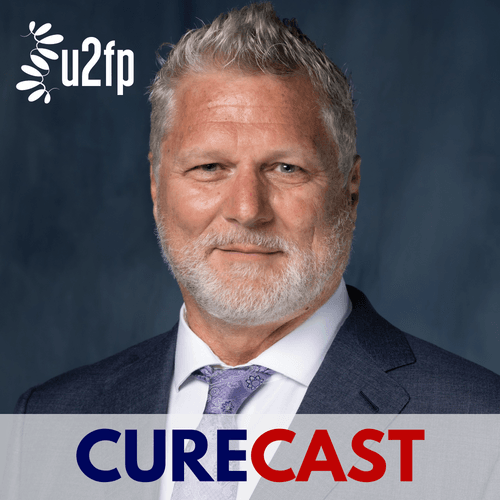
Guest: Gordon Mitchell
Today’s guest is Dr. Gordon Mitchell, a professor of neuroscience at The University of Florida. He’s also the founder and director of the University’s Center for Breathing Research and Therapeutics. In this episode, we discuss the role of intermittent hypoxia and its effect on neuroplasticity and recovery of respiratory and motor function.
Gordon takes us on a conversational tour of his early, pre-clinical observations which led to him pioneering the development of a translational model for clinical research. That translational model has now been used in over 30 studies.
Though it didn’t come up in the conversation, Matthew has had a particular interest in this topic. His son, Gabriel, is a musician. Gabe’s respiratory function was compromised with his injury, but his persistence in singing significantly improved his respiratory ability. It's a great personal anecdote that adds to Gordon’s message about plasticity from the respiratory system.
This is a great conversation, but moreso, it's a great primer for the in-person talk Dr. Mitchell will give at our Annual Science and Advocacy Symposium, September 27-28, in Atlanta Georgia (register here).
As always, please share your thoughts with us via email at curecast@u2fp.org. Thanks for listening!
Listen on: Spotify | Apple Podcasts | Soundcloud
Bumper music: Dig a Hole by Freaque
Guest Bio
Dr. Gordon Mitchell is a pioneer in research on neuroplasticity and respiratory control. He joined UF in 2015 as a Preeminence Professor of Neuroscience. He founded, and directs, the UF Breathing Research and Therapeutics (BREATHE) Center, and the NIH-funded training program of the same name. Dr. Mitchell was named deputy director of the MBI in 2023 after serving on its Executive Committee and Education & Outreach Board.
Dr. Mitchell earned his PhD in Developmental and Cell Biology from the University of California, Irvine. After completing postdoctoral training at the Max Planck Institute for Experimental Medicine in Germany and the University of Wisconsin-Madison, he became a faculty member and then ascended the ranks to become chair of the Department of Comparative Biosciences for 17 years. His research, which has been funded continuously since 1983, is focused on understanding mechanisms of spinal cord plasticity and harnessing that plasticity to treat impaired breathing and motor impairment caused by neuromuscular injury and disease, such as spinal cord injury and amyotrophic lateral sclerosis. He investigates intracellular and intercellular mechanisms regulating spinal motor plasticity elicited by acute intermittent hypoxia and guides clinical trials attempting to harness this plasticity to treat clinical disorders that compromise breathing.
Dr. Mitchell's innovative research has garnered many accolades, including the National Institutes of Health MERIT Award and the Pfizer
Research Award, along with distinguished lectureships from the Society for Neuroscience, American Physiological Society, Association of Chairs of Departments of Physiology, American Spinal Injury Association, and the Oxford Conference for Modeling and the Control of Breathing. His teaching acumen has also been recognized through the Norden Distinguished Teacher Award.
Connect with Gordon Mitchell here:
- Website: Breathing Research & Therapeutics Center
- Email: gsmitche@ufl.edu
- LinkedIn: @Gordon Mitchell
- X(Twitter): @UFBreathe
- Instagram: @UFPhysicalTherapy
- Facebook: @UFCollegeofPublicHealth
Related CureCast Episodes
-
With guest Kajana Satkunendrarajah, we discuss her lab's recent discovery of cervical level neurons connected to respiratory function.












